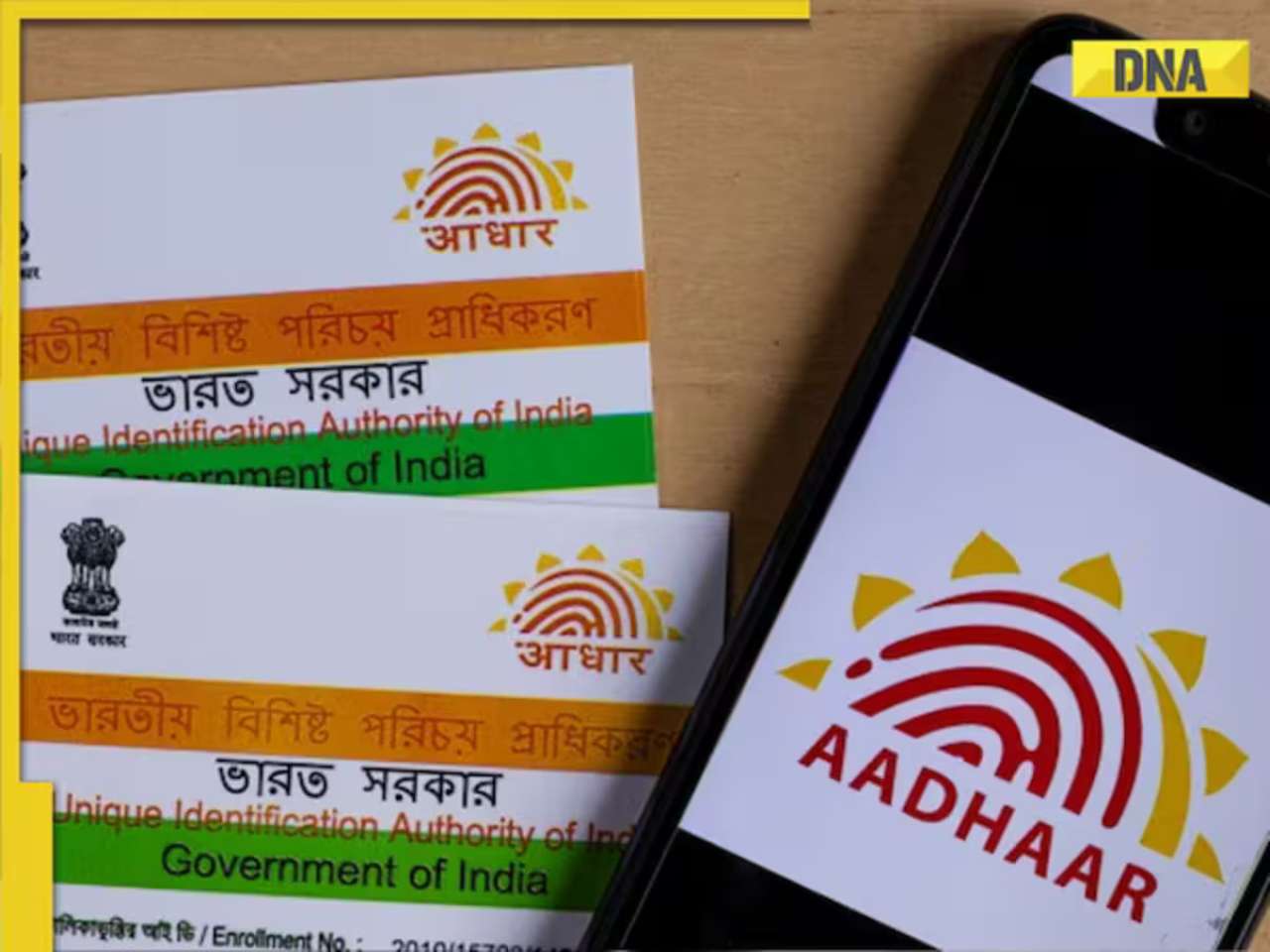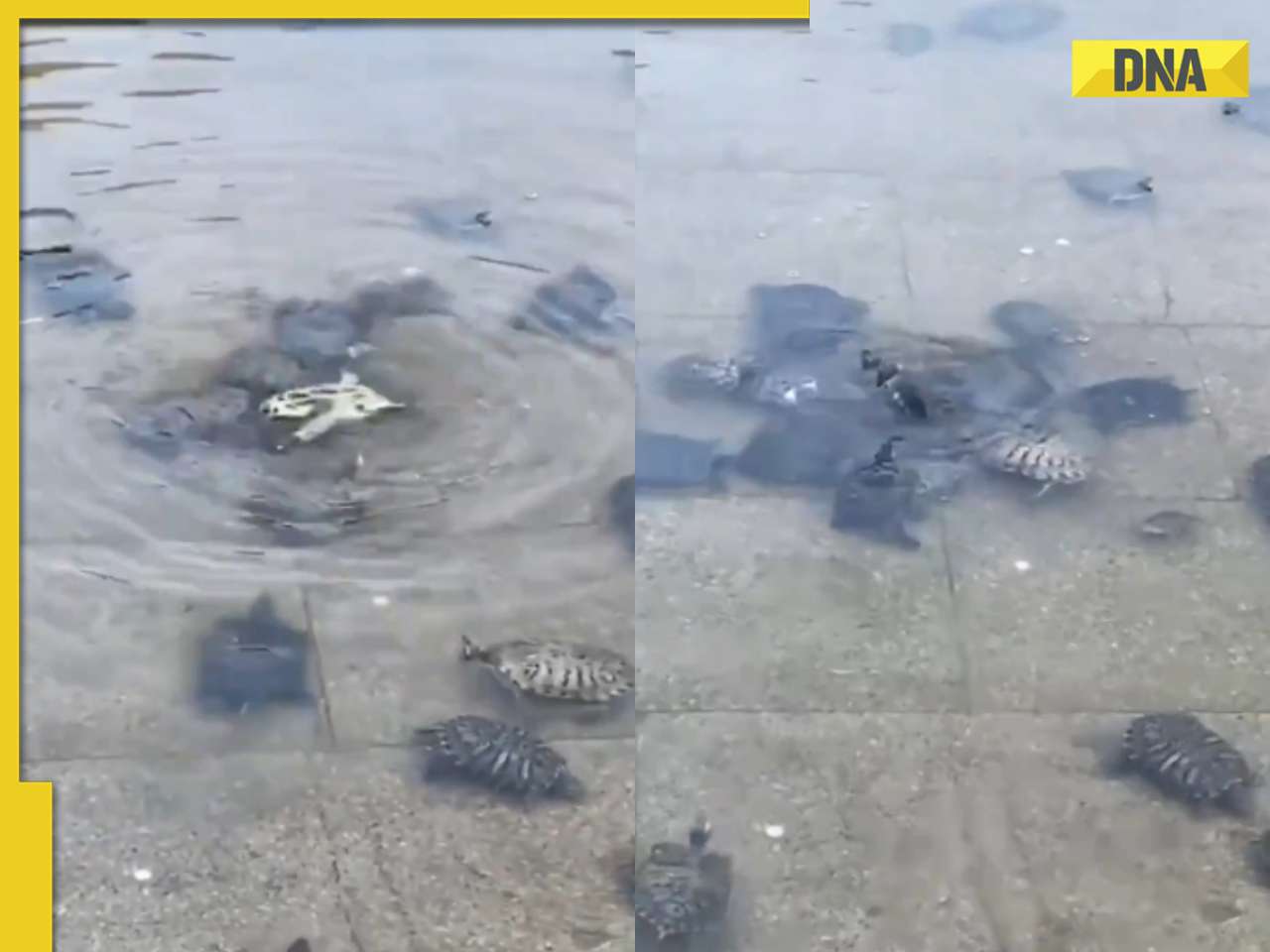While monsoon brings relief from the summer heat, it also increases the risk of several diseases.
The arrival of the monsoon season brings relief from scorching heat but also opens the floodgates for a host of diseases. The combination of stagnant water, increased humidity, and favorable breeding conditions becomes a breeding ground for various pathogens. In this article, we will explore five common monsoon diseases and provide essential tips on how to protect yourself and your loved ones.
Dengue:
Dengue fever, transmitted by the Aedes mosquito, is a widespread monsoon disease. Symptoms include high fever, severe headaches, joint and muscle pain, and rash. In severe cases, it can lead to dengue hemorrhagic fever or dengue shock syndrome.
Prevention and Protection:
- Eliminate stagnant water: Mosquitoes breed in stagnant water, so empty, clean, or cover any potential breeding sites like flower pots, coolers, and water storage containers.
- Use mosquito repellents: Apply mosquito repellent lotions or creams on exposed skin, especially during dawn and dusk when mosquitoes are most active.
- Wear protective clothing: Cover your arms and legs with long-sleeved shirts and pants to minimize exposure to mosquito bites.
- Install window screens: Fit windows and doors with screens to prevent mosquitoes from entering your home.
- Use mosquito nets: Sleep under a bed net if you live in an area with a high incidence of dengue fever.
Malaria:
Malaria is a life-threatening disease caused by the Plasmodium parasite and transmitted by infected female Anopheles mosquitoes. Symptoms include high fever, chills, headache, and body aches.
Prevention and Protection:
- Avoid mosquito bites: Use mosquito repellents, wear protective clothing, and sleep under mosquito nets to minimize exposure to mosquitoes.
- Keep surroundings clean: Clear stagnant water, trim shrubs, and bushes, and maintain a clean environment to reduce mosquito breeding sites.
- Take antimalarial medication: If you are traveling to a malaria-endemic region, consult a healthcare professional for appropriate antimalarial medication.
Chikungunya:
Chikungunya is a viral infection transmitted by the Aedes mosquito. Symptoms include high fever, severe joint pain, muscle pain, headache, fatigue, and rash.
Prevention and Protection:
- Follow mosquito control measures: Eliminate stagnant water, use mosquito repellents, wear protective clothing, and install window screens.
- Maintain personal hygiene: Wash hands frequently with soap and water, especially before eating or touching your face.
- Use pain relievers: Over-the-counter pain relievers can help alleviate joint and muscle pain. Consult a doctor before taking any medication.
Leptospirosis:
Leptospirosis is a bacterial infection caused by the Leptospira bacteria found in animal urine, which contaminates water and soil during heavy rains. Symptoms include high fever, headache, muscle aches, vomiting, and jaundice.
Prevention and Protection:
- Avoid wading or swimming in floodwaters: Leptospira bacteria can enter your body through cuts or abrasions. Stay away from flooded areas or wear protective clothing, including rubber boots.
- Maintain proper hygiene: Wash hands thoroughly with soap and water after exposure to floodwaters or contaminated soil.
Typhoid Fever:
Typhoid fever is a bacterial infection caused by the Salmonella typhi bacterium. Contaminated food and water are common sources of transmission. Symptoms include prolonged fever, headache, abdominal pain, and weakness.
Prevention and Protection:
- Practice good hygiene: Wash hands thoroughly before eating or handling food, and ensure that food is properly cooked and stored.
- Consume safe drinking water: Boil water before drinking or use a water purifier to eliminate bacterial contamination.
- Get vaccinated: Consider getting vaccinated against typhoid fever, especially if you are traveling to an endemic region.
Also read: Monsoon: Follow these tips to avoid health problems including seasonal infection during rainy season
![submenu-img]() British TV host calls Priyanka Chopra 'Chianca Chop Free', angry fans say 'this is huge disrespect'; video goes viral
British TV host calls Priyanka Chopra 'Chianca Chop Free', angry fans say 'this is huge disrespect'; video goes viral![submenu-img]() Meme dog Kabosu, that inspired Dogecoin, dies
Meme dog Kabosu, that inspired Dogecoin, dies![submenu-img]() Deepika Padukone radiates 'mummy glow', spotted with baby bump in new video, netizens call her 'prettiest mom'
Deepika Padukone radiates 'mummy glow', spotted with baby bump in new video, netizens call her 'prettiest mom'![submenu-img]() India's biggest action film, had 1 hero, 7 villains, became superhit, made for Rs 6 crore, earned over Rs..
India's biggest action film, had 1 hero, 7 villains, became superhit, made for Rs 6 crore, earned over Rs..![submenu-img]() Will your Aadhaar Card become invalid after June 14 if not updated? Here's what UIDAI has to say
Will your Aadhaar Card become invalid after June 14 if not updated? Here's what UIDAI has to say![submenu-img]() Meet man, IIT Delhi, IIM Calcutta alumnus who quit high-paying job, became a monk due to..
Meet man, IIT Delhi, IIM Calcutta alumnus who quit high-paying job, became a monk due to..![submenu-img]() TBSE Result 2024: Tripura Board Class 10, 12 results DECLARED, direct link here
TBSE Result 2024: Tripura Board Class 10, 12 results DECLARED, direct link here![submenu-img]() Meghalaya Board Result 2024 DECLARED: MBOSE HSSLC Arts results available at megresults.nic.in, direct link here
Meghalaya Board Result 2024 DECLARED: MBOSE HSSLC Arts results available at megresults.nic.in, direct link here![submenu-img]() Meghalaya Board 10th, 12th Results 2024: MBOSE SSLC, HSSLC Arts results releasing today at megresults.nic.in
Meghalaya Board 10th, 12th Results 2024: MBOSE SSLC, HSSLC Arts results releasing today at megresults.nic.in![submenu-img]() Tripura TBSE 2024: Class 10th, 12th results to announce today; know timing, steps to check
Tripura TBSE 2024: Class 10th, 12th results to announce today; know timing, steps to check![submenu-img]() DNA Verified: Is CAA an anti-Muslim law? Centre terms news report as 'misleading'
DNA Verified: Is CAA an anti-Muslim law? Centre terms news report as 'misleading'![submenu-img]() DNA Verified: Lok Sabha Elections 2024 to be held on April 19? Know truth behind viral message
DNA Verified: Lok Sabha Elections 2024 to be held on April 19? Know truth behind viral message![submenu-img]() DNA Verified: Modi govt giving students free laptops under 'One Student One Laptop' scheme? Know truth here
DNA Verified: Modi govt giving students free laptops under 'One Student One Laptop' scheme? Know truth here![submenu-img]() DNA Verified: Shah Rukh Khan denies reports of his role in release of India's naval officers from Qatar
DNA Verified: Shah Rukh Khan denies reports of his role in release of India's naval officers from Qatar![submenu-img]() DNA Verified: Is govt providing Rs 1.6 lakh benefit to girls under PM Ladli Laxmi Yojana? Know truth
DNA Verified: Is govt providing Rs 1.6 lakh benefit to girls under PM Ladli Laxmi Yojana? Know truth![submenu-img]() Assamese actress Aimee Baruah wins hearts as she represents her culture in saree with 200-year-old motif at Cannes
Assamese actress Aimee Baruah wins hearts as she represents her culture in saree with 200-year-old motif at Cannes ![submenu-img]() Aditi Rao Hydari's monochrome gown at Cannes Film Festival divides social media: 'We love her but not the dress'
Aditi Rao Hydari's monochrome gown at Cannes Film Festival divides social media: 'We love her but not the dress'![submenu-img]() AI models play volley ball on beach in bikini
AI models play volley ball on beach in bikini![submenu-img]() AI models set goals for pool parties in sizzling bikinis this summer
AI models set goals for pool parties in sizzling bikinis this summer![submenu-img]() In pics: Aditi Rao Hydari being 'pocket full of sunshine' at Cannes in floral dress, fans call her 'born aesthetic'
In pics: Aditi Rao Hydari being 'pocket full of sunshine' at Cannes in floral dress, fans call her 'born aesthetic'![submenu-img]() DNA Explainer: Why was Iranian president Ebrahim Raisi, killed in helicopter crash, regarded as ‘Butcher of Tehran’?
DNA Explainer: Why was Iranian president Ebrahim Raisi, killed in helicopter crash, regarded as ‘Butcher of Tehran’?![submenu-img]() DNA Explainer: Why did deceased Iranian President Ebrahim Raisi wear black turban?
DNA Explainer: Why did deceased Iranian President Ebrahim Raisi wear black turban?![submenu-img]() Iran President Ebrahim Raisi's death: Will it impact gold, oil prices and stock markets?
Iran President Ebrahim Raisi's death: Will it impact gold, oil prices and stock markets?![submenu-img]() Haryana Political Crisis: Will 3 independent MLAs support withdrawal impact the present Nayab Saini led-BJP government?
Haryana Political Crisis: Will 3 independent MLAs support withdrawal impact the present Nayab Saini led-BJP government?![submenu-img]() DNA Explainer: Why Harvey Weinstein's rape conviction was overturned, will beleaguered Hollywood mogul get out of jail?
DNA Explainer: Why Harvey Weinstein's rape conviction was overturned, will beleaguered Hollywood mogul get out of jail?![submenu-img]() British TV host calls Priyanka Chopra 'Chianca Chop Free', angry fans say 'this is huge disrespect'; video goes viral
British TV host calls Priyanka Chopra 'Chianca Chop Free', angry fans say 'this is huge disrespect'; video goes viral![submenu-img]() Deepika Padukone radiates 'mummy glow', spotted with baby bump in new video, netizens call her 'prettiest mom'
Deepika Padukone radiates 'mummy glow', spotted with baby bump in new video, netizens call her 'prettiest mom'![submenu-img]() India's biggest action film, had 1 hero, 7 villains, became superhit, made for Rs 6 crore, earned over Rs..
India's biggest action film, had 1 hero, 7 villains, became superhit, made for Rs 6 crore, earned over Rs..![submenu-img]() Neha Sharma says having morals 'doesn't take you very far' in Bollywood: 'Clearly why I am not...' | Exclusive
Neha Sharma says having morals 'doesn't take you very far' in Bollywood: 'Clearly why I am not...' | Exclusive![submenu-img]() This iconic film was made on suggestion by former Prime Minister, was rejected by Rajesh Khanna, Shashi Kapoor, earned..
This iconic film was made on suggestion by former Prime Minister, was rejected by Rajesh Khanna, Shashi Kapoor, earned..![submenu-img]() Meme dog Kabosu, that inspired Dogecoin, dies
Meme dog Kabosu, that inspired Dogecoin, dies![submenu-img]() Viral Video: Turtles flip over stranded friend in heartwarming rescue, internet hearts it
Viral Video: Turtles flip over stranded friend in heartwarming rescue, internet hearts it![submenu-img]() Shocking! Woman discovers intruder living in her bedroom for four months, details inside
Shocking! Woman discovers intruder living in her bedroom for four months, details inside![submenu-img]() Can you spot 'ghost of the mountain'? Internet stumped by camouflaged snow leopard
Can you spot 'ghost of the mountain'? Internet stumped by camouflaged snow leopard![submenu-img]() Viral video: Women engage in physical altercation over Rs 100 dispute at medical shop
Viral video: Women engage in physical altercation over Rs 100 dispute at medical shop





































)


















)
)
)
)
)
)